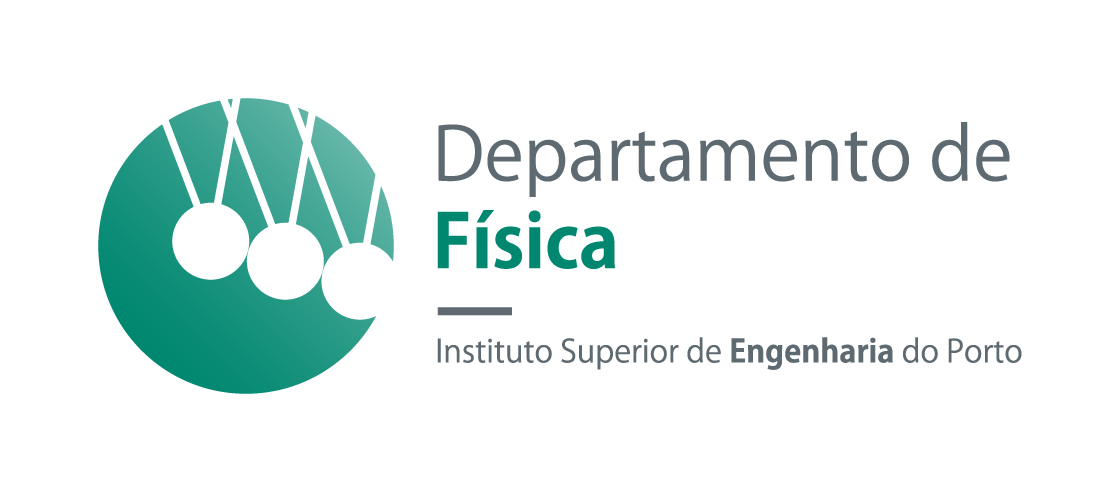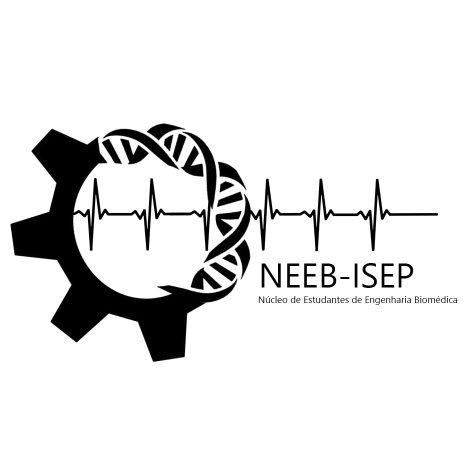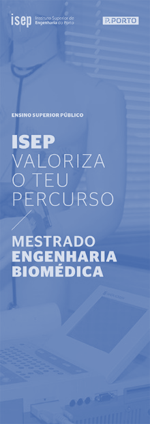 Desenvolvimento de novas terapias imunomodulatórias para combater o cancro
Desenvolvimento de novas terapias imunomodulatórias para combater o cancro Resumo
ND
Maria José Oliveira![]()
Maria José Oliveira graduated in Biology by the Faculty of Sciences-UPorto in 1996 and completed her PhD degree in Health and Medical Sciences at Ghent University Hospital (Belgium) in July 2004, under the supervision of Prof Marc Mareel. From 2004 to 2007, she performed her PostDoc at IPATIMUP, at the Cancer Genetics Group, under the supervision of Prof. Manuel Sobrinho-Simões and Prof. Raquel Seruca. Under the scope of Ciência2007, Maria J Oliveira initiated at INEB a new line of research, at Prof. Mário Barbosa's Group.
In 2012, she became an investigator FCT and established the Microenvironments in Cancer Cell Invasion Team. This Team demonstrated that human macrophages stimulate gastric and colorectal cancer cell invasion, proteolysis and migration. They evidenced that anti-inflammatory macrophages are more efficient in such stimulation than their pro-inflammatory counterparts. The associated signalling pathways were dissected and implicated cancer cell EGFR-Src-Akt pathway, small GTPases and Matrix metalloproteases activation. They have also demonstrated that radiotherapy modulates macrophages towards a more pro-invasive phenotype and developed biomimetic models based on decellularized colorectal cancer patients surgical resections.
In January 2017, MJ Oliveira established the Tumour and Microenvironment Interactions Group at i3S. The Group is currently dedicated at understanding the role of the tumour microenvironment, particularly of immune cells, adipocytes and extracellular matrix components, on the modulation of cancer cell invasion and metastasis. Their research is centered in using this knowledge to design immunomodulatory therapies to counteract cancer invasion and metastasis.
VOLTAR




